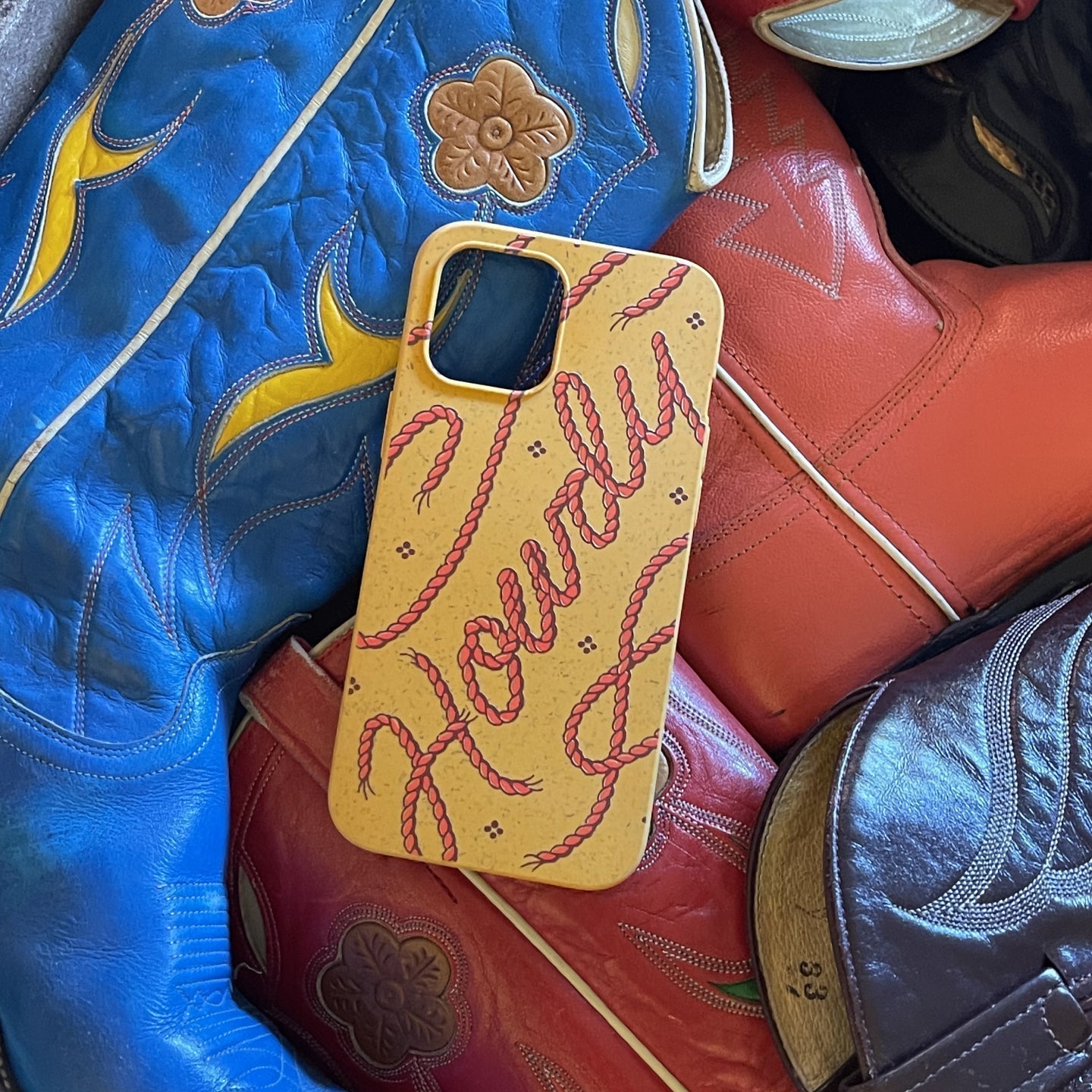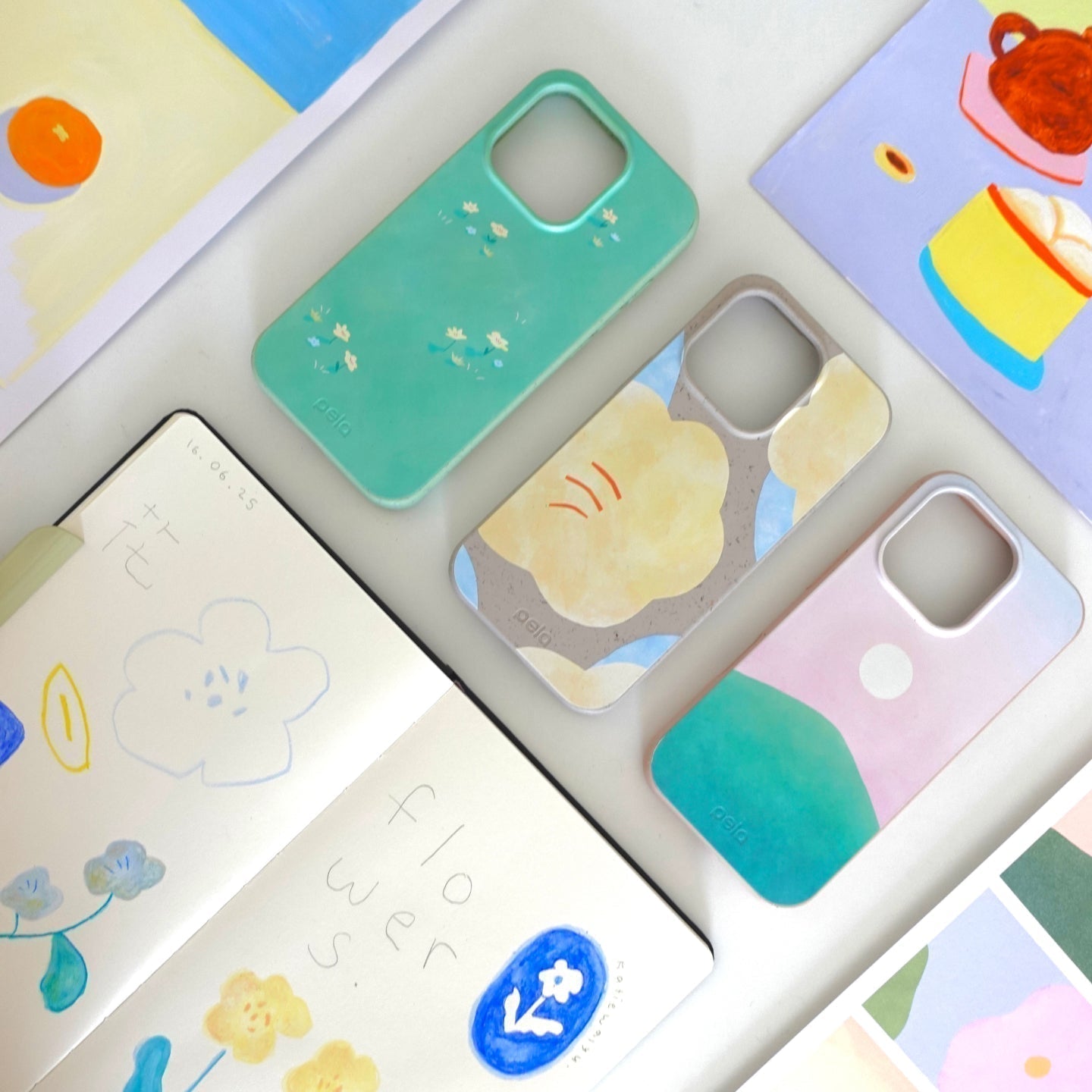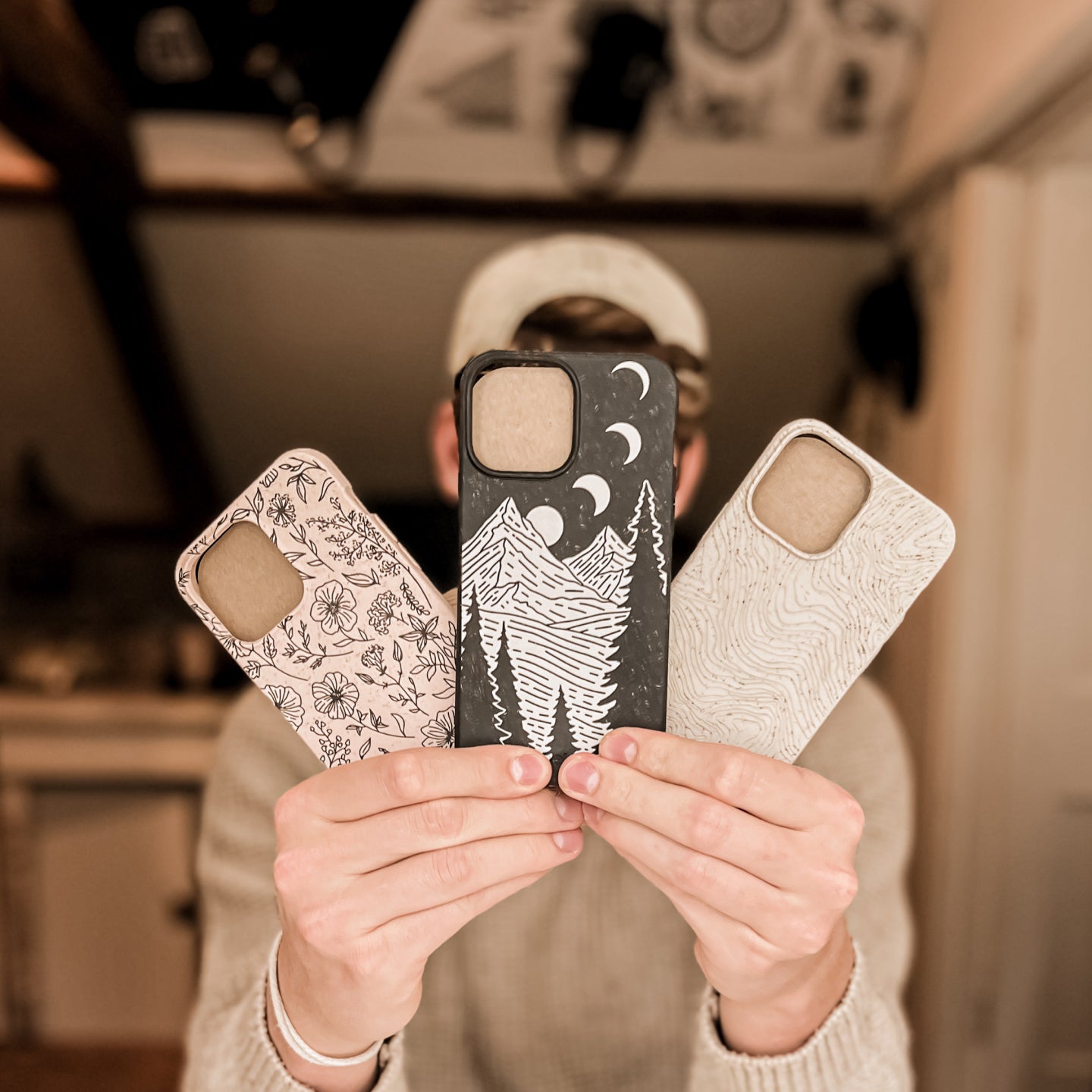Zero waste is a buzz word, and it seems that no one can agree on the actual definition. Does recycling count towards zero waste? Is zero waste just about trash? Does zero waste include your emissions?
The good news is that none of it matters. What matters is the intention behind zero waste. The true goal of zero waste living is to completely write waste out of existence.
It's about moving from a linear economy into a circular one.

Circular economy, closed-loop, cradle-to-cradle, zero waste - all of these terms essentially mean the same thing.
It's moving towards a system of consumption that represents nature.
There is no trash in nature.
Think about it.
Everything in nature, even the "waste" is designed for some benefit. When a squirrel buries an acorn, he's storing food for winter, he's planting the seed for a new tree, or he's just adding some more nutrients to the soil.
In a circular economy, everything has a purpose. There is no waste because everything is serving a vital function in perfect harmony with our Earth and her eco-systems.
As I'm sure you can imagine, we live very, very far away from this idyllic utopia. The best examples of closed-loop societies would be many indigenous tribes who've lived in harmony with nature for thousands of years.

This is why it's OK if we're all a little fuzzy on what the term zero waste TRULY means. None of us are ever going to achieve perfect zero waste unless we shirk modern society.
Living a zero-waste lifestyle is about doing the best you can, and I would say the most important aspect of living a zero-waste lifestyle isn't about what you throw away at all.
In fact, the most important thing you can do is to simply buy less. When you do choose to make a purchase, make sure that it's something that you actually want. You can get more of my tips on making conscious purchases in the blog post How to Shop Like a Minimalist.
I don't believe that living a zero-waste lifestyle is about fitting all of your trash in a mason jar. That version of zero waste relies far too heavily on external factors out of your control. Maybe you don't have access to curbside recycling. Maybe you don't have access to bulk stores where you can buy basics like rice and beans without packaging.

I think that the zero waste movement is at its strongest when it's not competing over who can produce the least amount of trash, but when we're working in tandem to bring about larger more systematic changes that can benefit everyone.
Just so we're clear, I absolutely support individual action. I think all of us have a part to play. We all need to be making individual changes in our lives to show that there is a demand in the market for more sustainable products, policies, and manufacturing, but by no means does this mean that we have to be PERFECT or that we have to produce absolutely no trash.
If you're so busy focusing on how little trash you produce, I think you're missing the bigger and more important picture.
The truth is that 70% of all greenhouse gas emissions come from companies so we absolutely need to be putting the pressure on them to make more sustainable choices.
We need producers to take control of the end-of-life of their products. Many producers used to do this. Remember glass Coca-Cola bottles?

Coca-Cola had refill and sanitation plants all over the US to take back their glass bottles and keep them in production. But, CC decided that it was too expensive and they wanted to switch to something cheaper, something disposable.
This is actually where America Recycles Day comes from. The campaign was run by Keep America Beautiful in 1977. ⠀
⠀
The entire goal behind this day was to make discarding single-use items the consumer's fault rather than the manufacturers.
⠀
This campaign has been SO successful that when many people see trash and plastic in the ocean their first response is, "Why do people litter so much!!" ⠀
⠀
The first thought is to blame the consumer instead of rightly blaming the manufacturer who insists on selling their products in areas without waste infrastructure and won't take responsibility for the packaging THEY PRODUCE! ⠀
⠀
Think about it. We have to PAY for packaging. We have to PAY for waste services to remove it from our home. We have to PAY for litter removal through our tax dollars. It's a total racket.⠀

Instead, imagine what the world would look like if every company made it convenient to recycle products efficiently and effectively? What if we had legislation mandating that all products must be 100% recyclable, compostable, and reusable?
The products we'd have on the market would look a lot different, and the technology is there. We don't have to sacrifice the quality of our products at all, but we have to rethink how they're delivered and manufactured.
That's why I'm proud to introduce the Pela 360 Program.
You might remember the closed-loop program where we took old Pela cases back for regrind and composting, but the Pela 360 Program is taking it one step further.
Not only are we taking responsibility for our own products, but we're also taking responsibility for every other companies phone cases too.
So, if you have an old beat-up plastic phone case, you can send it to us and we'll make sure that it's recycled properly.
We're doing our best to completely close the loop, to make everyday products without everyday waste, and I hope that other companies will follow suit.

To help inspire change in all industries, I have created a template for your to email to companies to ask them to take ownership of the products and packaging they produce.
Good morning!
I really love (this product), I've been a customer for (x number of years)! (Explain why you love the product or something you like about the company, be genuine!)
But, as I'm sure you know, we're rapidly approaching a climate breakdown. I'm trying to live my life in accordance with my values, and I'm struggling to see how your product fits into my life. I dislike (ingredients, manufacturing, packaging, materials, anything you think could be improved upon)
I would really like to continue being a customer, but can't at this current time. If you'd be willing to make changes to (organic/sustainable materials, compostable packaging, a program where they take ownership over their packaging etc.), then I'd be absolutely thrilled to be a customer again.
I'm sure that (company/brand) loves the environment, and I'm hoping that will be more evident in the future.
I really appreciate you taking the time to read my letter, and I hope to hear back soon.
Sincerely,
(Your Name)
If you use this template, please share it far and wide! Make sure to tag us on Instagram @PelaCase and let's start changing the world!



